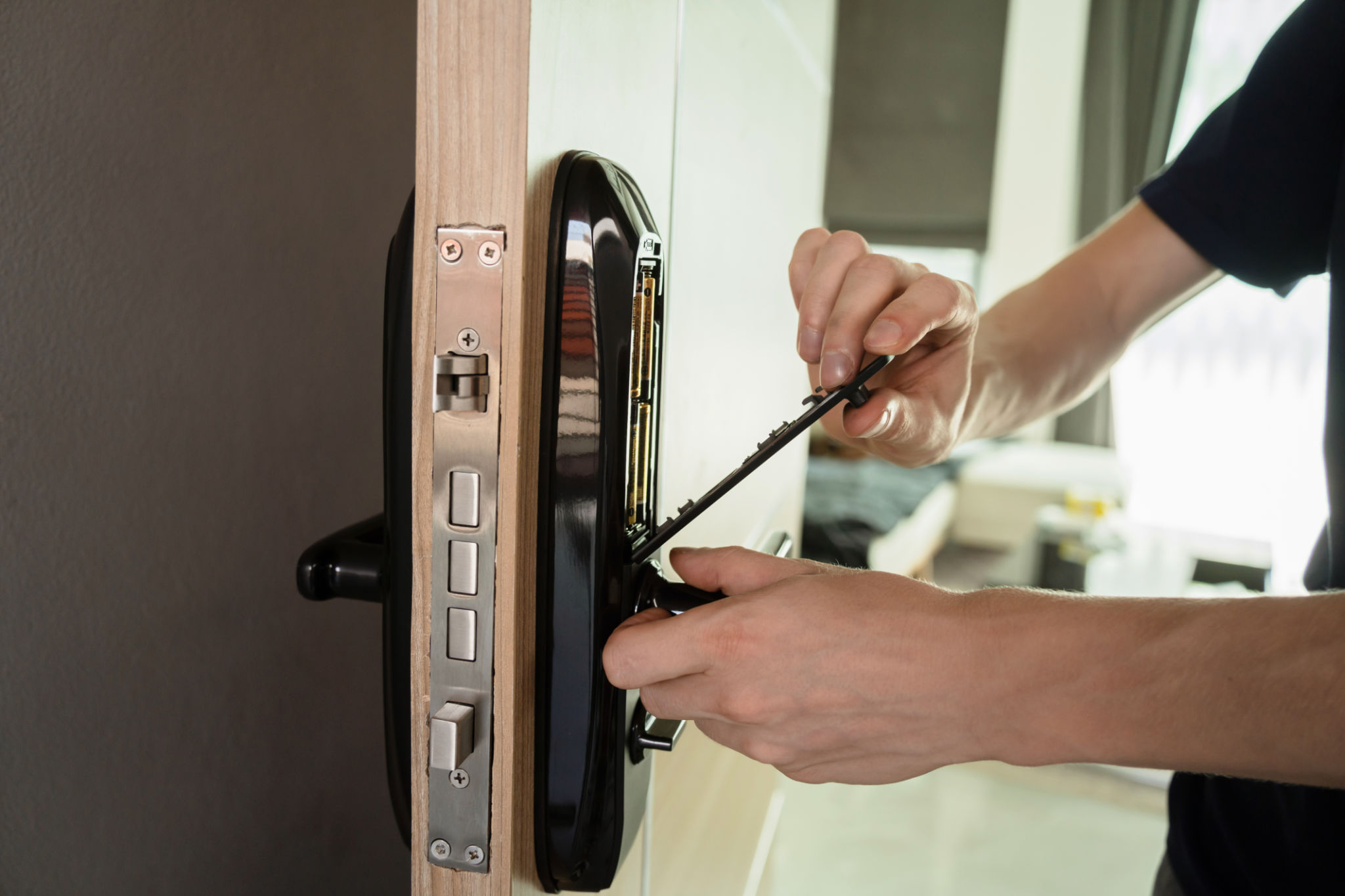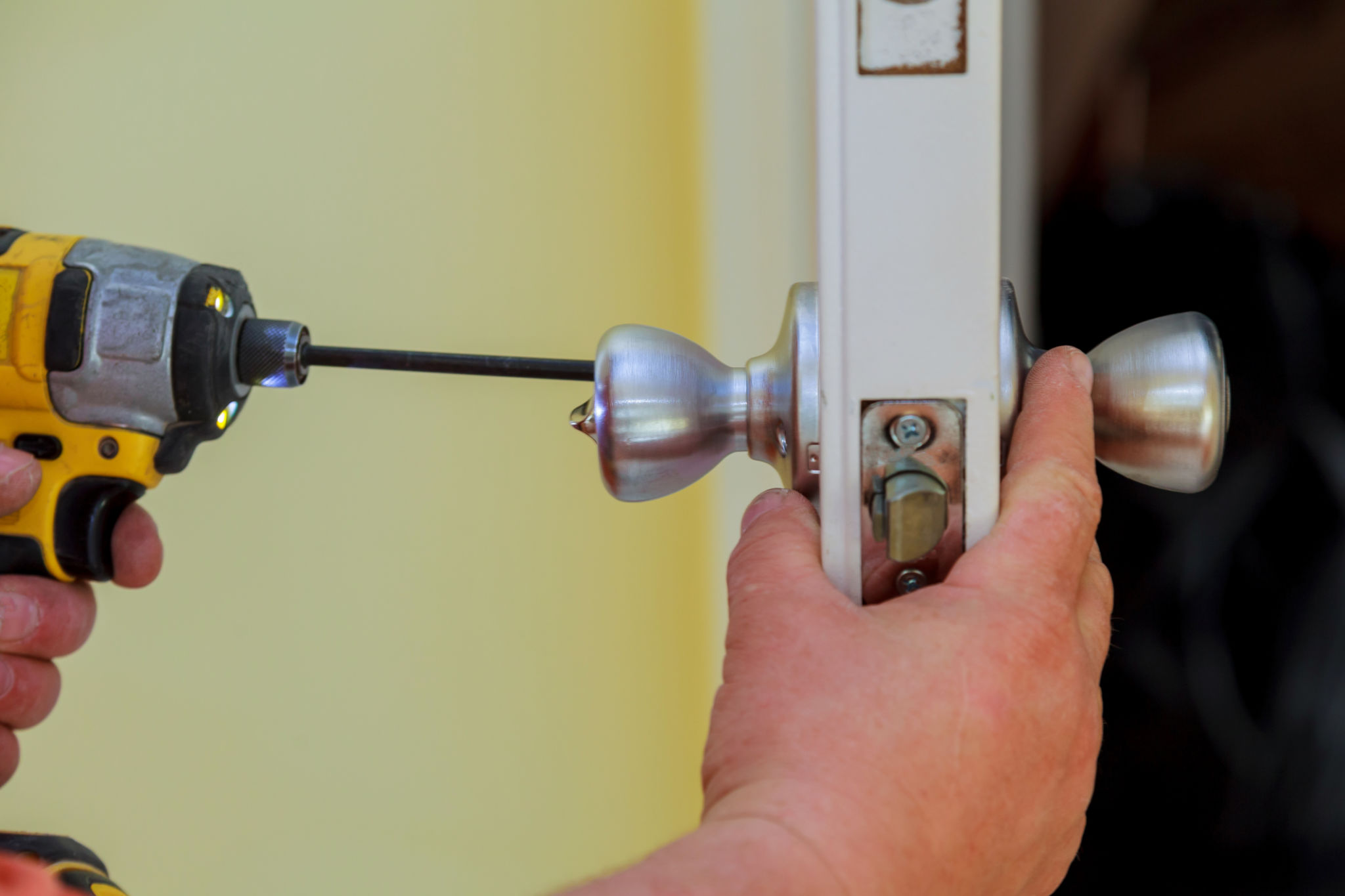DIY Tips for Basic Lock Maintenance to Avoid Lockouts
Understanding the Importance of Lock Maintenance
Locks are an essential part of our home security. They provide peace of mind and ensure that our belongings are safe. However, like any mechanism, locks require regular maintenance to function effectively. Neglecting this can lead to lockouts and potentially expensive repairs or replacements. Fortunately, with a few DIY tips, you can keep your locks in top condition.
Regular maintenance not only ensures the longevity of your locks but also enhances their performance. By taking a proactive approach, you can avoid the inconvenience and stress of being locked out of your home. Let's explore some simple yet effective ways to maintain your locks.

Cleaning Your Locks: A Simple Routine
The first step in maintaining your locks is regular cleaning. Dust, dirt, and grime can accumulate in the lock mechanism, causing it to jam or function poorly. To clean your locks, use a soft cloth to wipe the exterior. For the interior, a can of compressed air can help remove debris without causing damage.
It's important to avoid harsh chemicals as they can corrode or damage the metal components of the lock. Instead, use mild soap and water if necessary, ensuring you dry the lock thoroughly afterward to prevent rust.
Lubrication: Keeping the Mechanism Smooth
Lubrication is crucial for the smooth operation of your locks. Over time, friction can cause wear and tear on the internal components. By applying a lubricant, you can reduce friction and prevent parts from sticking.
Choose a graphite or silicone-based lubricant for best results. Avoid oil-based products as they can attract dust and dirt. Apply the lubricant sparingly into the keyhole and other moving parts, then operate the lock several times to distribute it evenly.

Inspecting for Wear and Tear
Regular inspections can help you identify potential issues before they become serious problems. Check for signs of wear and tear, such as loose screws or a misaligned strike plate. These can affect how well your lock functions and may lead to difficulties in locking or unlocking your door.
If you notice any issues, address them promptly. Tighten loose screws with a screwdriver and adjust the strike plate if necessary. Regular inspections will help you catch problems early, preventing them from escalating into costly repairs.
Replacing Old Keys
Keys can become worn over time, affecting their ability to operate the lock smoothly. If you notice that your key is bent or damaged, it's time to replace it. Using a worn key can put unnecessary strain on the lock mechanism, leading to potential lockouts.
Have spare keys made from an original key rather than a duplicate to ensure accuracy. This simple step can save you from future headaches and keep your locks functioning optimally.

Conclusion: Staying Ahead of Lockouts
By incorporating these basic DIY tips into your routine, you can extend the life of your locks and avoid unexpected lockouts. Regular cleaning, lubrication, inspections, and key replacements are all simple tasks that provide significant benefits.
Taking care of your locks not only enhances security but also offers peace of mind. With a little effort and attention, you can ensure that your locks remain reliable and efficient for years to come.